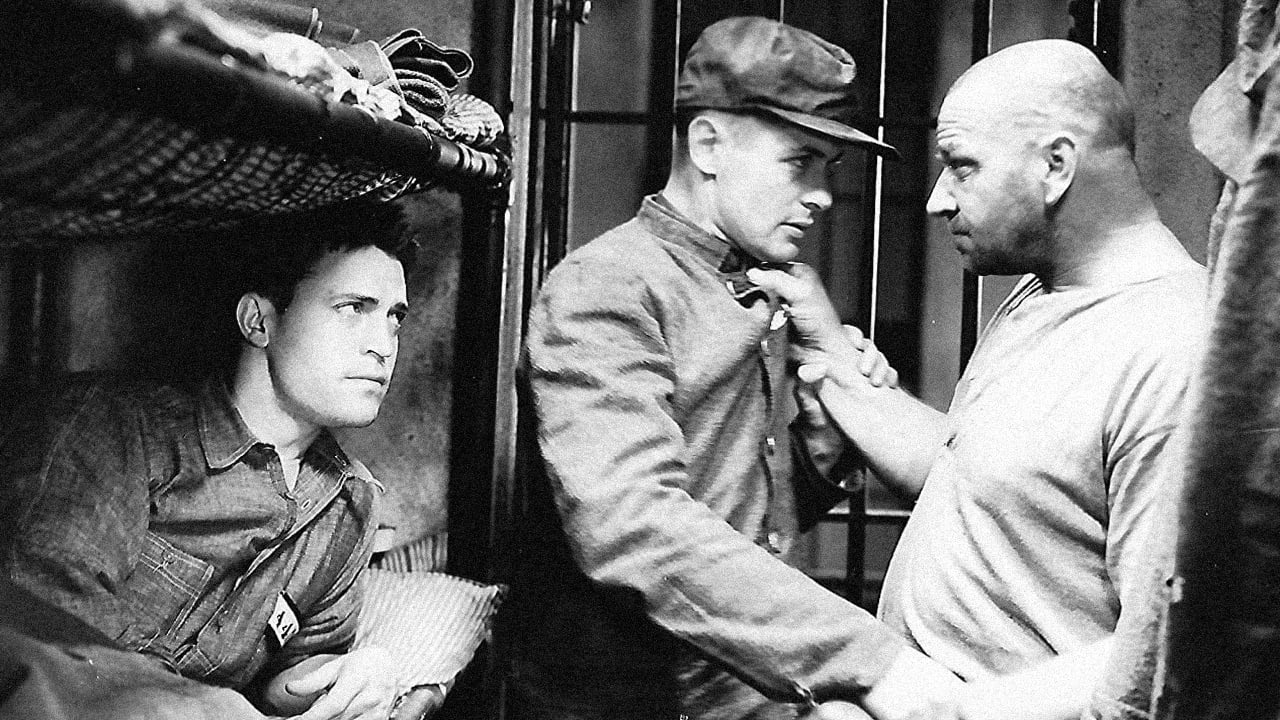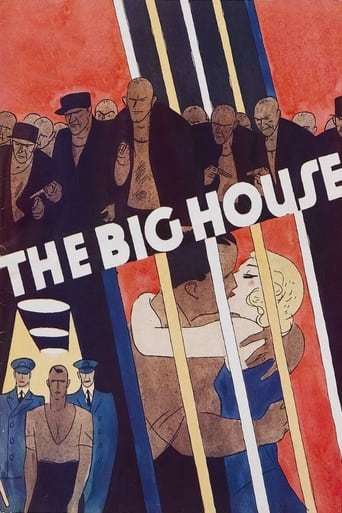

This Movie Can Only Be Described With One Word.
... View Morebrilliant actors, brilliant editing
... View MoreIt's a mild crowd pleaser for people who are exhausted by blockbusters.
... View MoreI really wanted to like this movie. I feel terribly cynical trashing it, and that's why I'm giving it a middling 5. Actually, I'm giving it a 5 because there were some superb performances.
... View MoreExecutive producer: William Randolph Hearst. A Cosmopolitan picture, copyright 19 June 1930 by Metro-Goldwyn-Mayer Distributing Corp. Jute mill scenes filmed at the Pacific Woolen and Blanket Works, Long Beach. New York opening at the Astor, 24 June 1930. U.S. release: 21 June 1930. 10 reels. 7,901 feet. 87½ minutes.NOTES: The Academy of Motion Picture Arts and Sciences awarded Frances Marion a statuette for Best Screenplay (defeating a very strong line-up: All Quiet on the Western Front, Disraeli, The Divorcée and Street of Chance), whilst Douglas Shearer (only) received a similar accolade for Sound Recording. Also nominated for Best Picture (All Quiet on the Western Front was the winner), and Best Actor, Wallace Beery (losing to George Arliss' Disraeli).The movie made such an impact on professional reviewers, it scored Number 6 position on The Film Daily annual poll of critics. The German and French versions were both directed by Paul Fejos, the Spanish version by Ward Wing.COMMENT: An unremittingly grim prison drama, thanks to dialogue and characters that are extraordinarily realistic, abetted by the solid performances ace director George Hill elicited from his cast. The story is nothing if not fast-moving and, thanks to Hill's powerful staging, it comes over with a terrific punch. Unsung cinematographer Harold Wenstrom's atmospheric camera-work also rates as a major asset.In such a uniformly excellent group of players, it seems a bit unfair to single out a few of the actors for special praise, but we simply must commend Wallace Beery and Robert Montgomery. The former has a typical role, which he puts over with customary yet fascinating force. Montgomery, on the other hand, essays a most untypical part — a cowardly stool-pigeon — which he limns so persuasively and convincingly, he easily overtakes Beery as the most unsympathetic character in the picture."The Big House" stands unchallenged as one of the most powerful prison movies ever made. It hasn't dated one iota.After viewing a second time: Yes, in many ways ahead of its time. Hard to believe that the marvelously realistic sound track was recorded by Douglas Shearer, and that the predominantly gray-toned sets are the work of Cedric Gibbons. Despite the familiarity of its themes and background, The Big House remains a totally riveting experience today.And as for that astonishingly effective performance by Robert Montgomery — totally unsympathetic — all we can say about the rest of his career (with perhaps four or five notable exceptions): What a waste!Other players who deserve a special commendation include Chester Morris, in a made-to-order characterization (which he went on to repeat time and time again — with only a few exceptions — in his subsequent career), Leila Hyams and George F. Marion. As the prison governor, Lewis Stone is far removed from his cracker-barrel Judge Hardy sinecure, and (as in his many other pre- Andy Hardy movies — see The Notorious Lady for example) handles the powerful role most convincingly.Pleasingly, "The Big House" is currently on offer as a 10/10 POD commercial DVD release through the Warner Archive.
... View More***Spoilers ahead, Maybe?*** Since I like old black & white prison movies so much I expected to like this movie as well but I couldn't get into it.For me it was just OK.Right from the start I felt like I was watching it just to be watching it.Things didn't get exciting until the very end with the failed escape & shoot out.It was the only time I was able to get into the movie but there was only like 10 minutes left so it really didn't matter.During the riot I can't believe they brought out a couple of tanks.I was NOT expecting that.It had me wondering if there were ever any actual prison riots where tanks were used to bring the prison back to order.A thing I thought that was interesting was the inmate that escaped, went straight on the outside & seemed like he would've stayed that way if he wasn't captured & sent back, fell right back into place on the inside, the inmate who I thought would never let prison change him, ended up changing in the end & the main inmate you knew there was no hope for, was never going to change.I'm not sure The Big House is a movie I'd recommend.It got a lot of good reviews but I just wasn't into it.It's something you'll have to see & decide for yourself
... View MoreIt was hard for me to believe that this film story was written by a female named Francis Marion who had studied prison life at San Quentin. Chester Morris plays the role as a con named John Morgan and is good friends with Butch Schmidt, (Wallace Berry) who is a hard nose prisoner with lots of power and connections among the other prison mates. Robert Montgomery, (Kent Marlowe) is a man who comes from a rich family, however, Kent is a weak minded guy or you could also call him a stool pigeon. There is a big prison break scene with all kinds of bullets flying all over the place and machine guns blasting away. Even the National Guard is call to action in one of the worst prison breaks I have ever seen. This is a great film with great actors and an outstanding Classic Film from 1930.
... View MoreThis is the prison drama that set the pattern for all later ones.Robert Montgomery is sent to prison and encounters hard-bitten Wallace Beery and regular guy Chester Morris. He's a nice guy but prison life slowly begins to change him. That's about all I'm going to say about the movie...it's well worth anybody's time to see it (it's only 86 minutes long).It does lack the hard edge you might expect--the dialogue is tame (of course) and there's next to no violence, but the script is excellent (surprisingly written by a woman and a Oscar Winner) and the acting is just great--especially Morris and Beery (he was nominated for an Oscar but didn't win). It does have a sentimental, happy ending but it WAS made in 1930.Well worth catching--TCM has an excellent print and shows it every once in a while. Also it's fun to see Robert Montgomery so young and handsome.Best exchange: "Who me?" "Yes you."
... View More